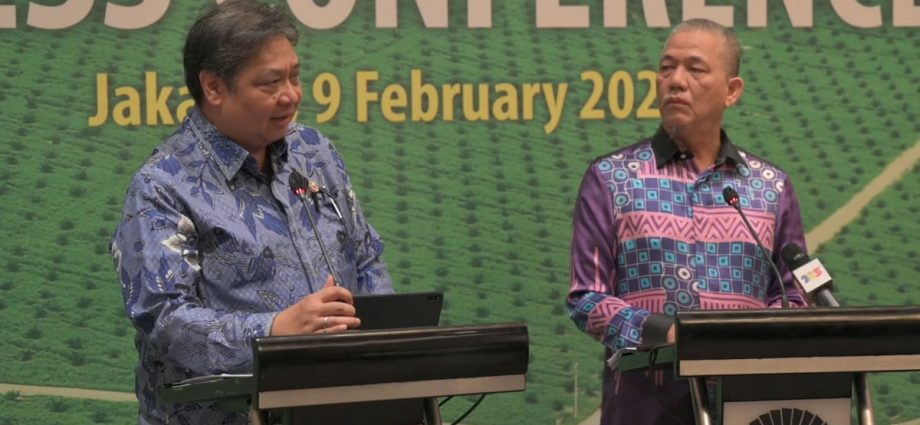
Mr Airlangga also said that there needs to be a strategy for the wider recognition of the Indonesia Sustainable Palm Oil (ISPO) and Malaysian Sustainable Palm Oil (MSPO) certifications in the global market.
Separately, Mr Fadilah, who is also Malaysian Deputy Prime Minister, said that the palm oil producers had put in place measures to protect the environment, without specifying what they are.
Last December, the EU agreed on a new law that makes it an obligation for companies to ensure that commodities sold in the EU do not come from deforested land.
The Council of Palm Oil Exporting Countries (CPOPC), led by Malaysia and Indonesia, has said that the regulation is discriminatory
Last month, Mr Fadillah said that Malaysia could stop exporting to the EU if “they (the EU) are giving us all a difficult time to export to them.”
When asked by the media on Thursday whether the issue of an export boycott to the EU was discussed in the meeting with Mr Fadilah, Mr Airlangga said that it was not.
“Stopping exports was not something that we had discussed. As a country involved in the import and export (of products) … that was not an option,” said Mr Airlangga.

